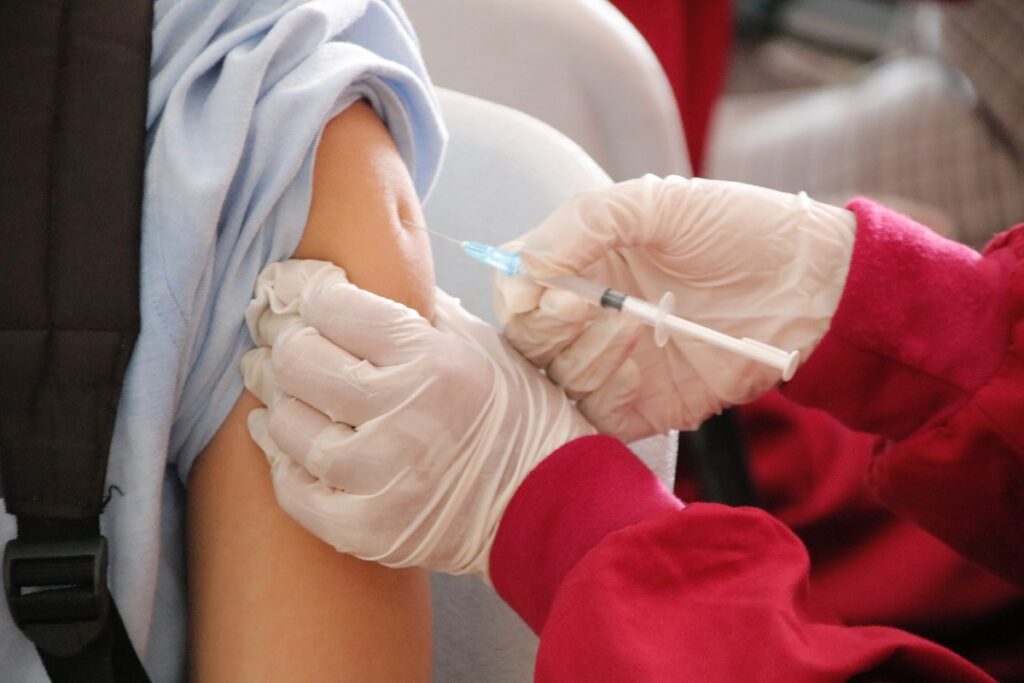The Lyme disease vaccine candidate developed by Pfizer and Valneva was “found to be more immunogenic” in pediatric patients than in adults in a Phase 2 trial, prompting the partners to include this demographic in a late-stage trial set to begin in the third quarter, according to a statment published Tuesday by Pfizer.
Based on these new findings, Valneva, a French specialty vaccine business, and Pfizer said they want to continue with the inclusion of pediatric participants in their next Phase 3 study. The trial will assess the vaccine candidate, VLA15, in adults and pediatric participants aged 5 and above, and it is scheduled to begin in the third quarter of 2022, subject to regulatory approval.
Lyme disease is a vector-borne infection caused by bacteria Borrelia burgdorferi being transmitted by ticks, according to the CDC. Symptoms include a characteristic bullseye rash, fever, exhaustion, and joint and muscular discomfort, which can be treated with antibiotic therapy. Left untreated, the infection will spread throughout the body, producing central nervous system and heart issues that are difficult to cure or can result in permanent damage, CDC said.
“Lyme disease affects all age groups, but with their affinity for being active outdoors, the pediatric population is at the greatest risk of Lyme disease,” Juan Carlos Jaramillo M.D., Chief Medical Officer of Valneva, said. “These first pediatric results are therefore extremely important and support the inclusion of pediatric participants in our planned Phase 3 trial. In partnership with Pfizer, we are excited to further investigate our VLA15 vaccine candidate, which will hopefully help protect both adults and children against Lyme disease.”
Kathrin U. Jansen, Ph.D., Senior Vice President and Head of Vaccine Research & Development at Pfizer, said that “the medical need for vaccination against Lyme disease is steadily increasing as the geographic footprint of the disease widens. These positive pediatric data mark an important step forward in the ongoing development of VLA15, and we are excited to continue working with Valneva to potentially help protect both adults and children from Lyme disease.”




